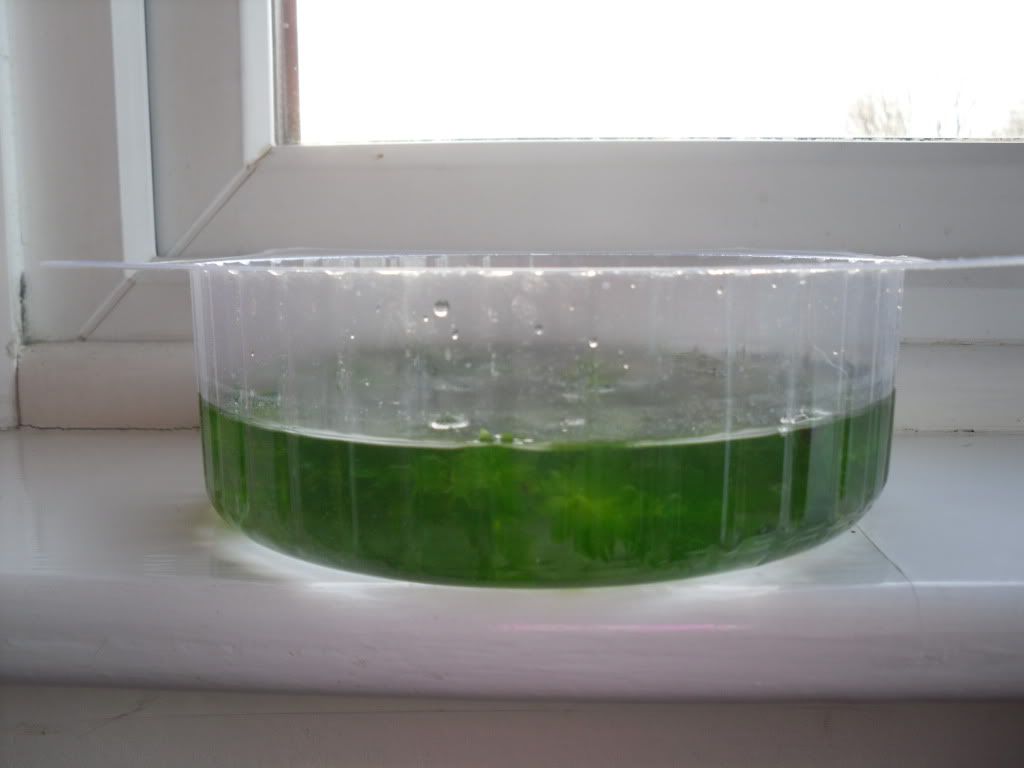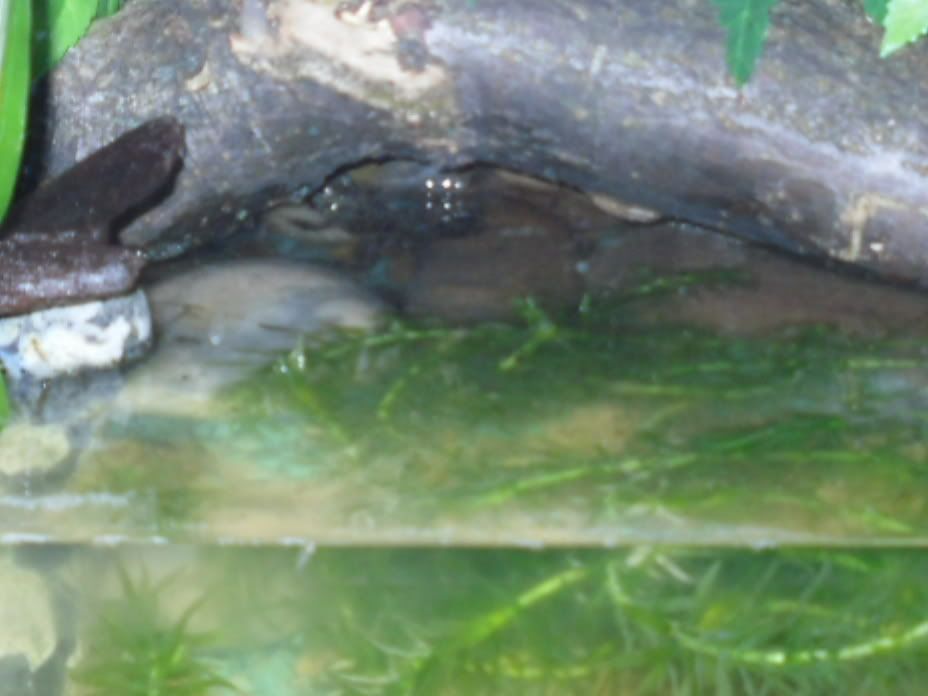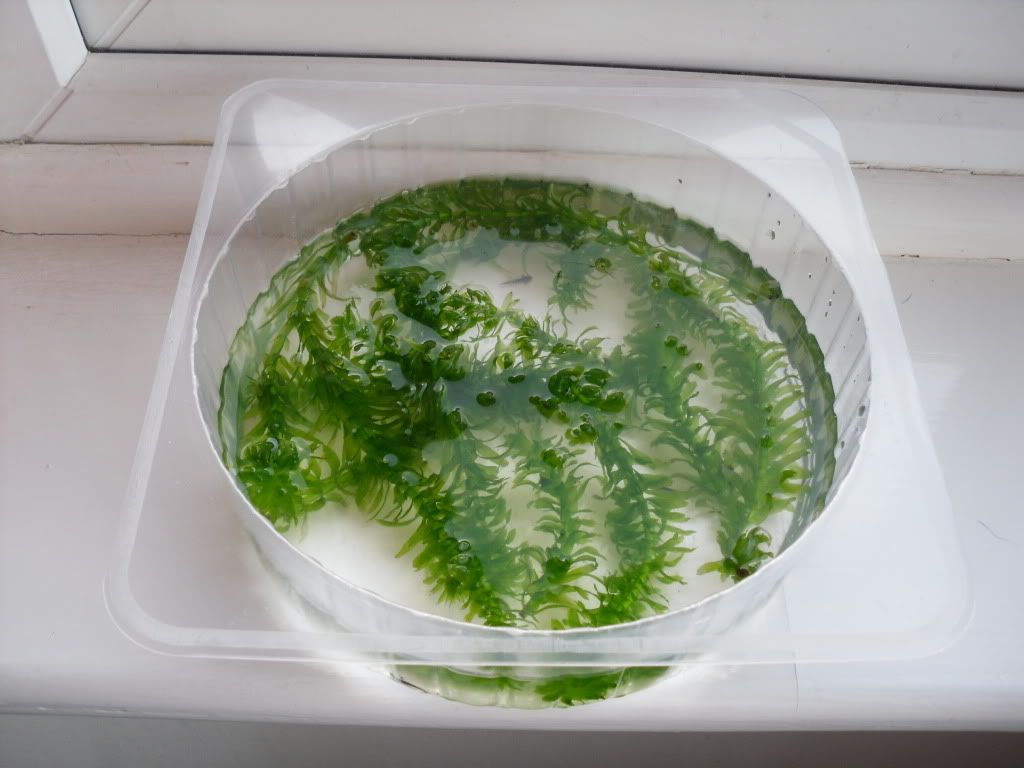firefly
New member
I found one of my little FBN larva dead this morning. I couldn't see anything on it such a fungus etc, so I assume they're not eating.
I'm giving them microworms, doing 50% water changes every morning & transferring them to new containers twice a week.
I've attached 2 pics of the container that they're in at the mo.
I'm hoping comeone could advise me what to do or give me some idea of what's wrong?
Thx


I'm giving them microworms, doing 50% water changes every morning & transferring them to new containers twice a week.
I've attached 2 pics of the container that they're in at the mo.
I'm hoping comeone could advise me what to do or give me some idea of what's wrong?
Thx



